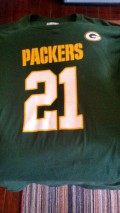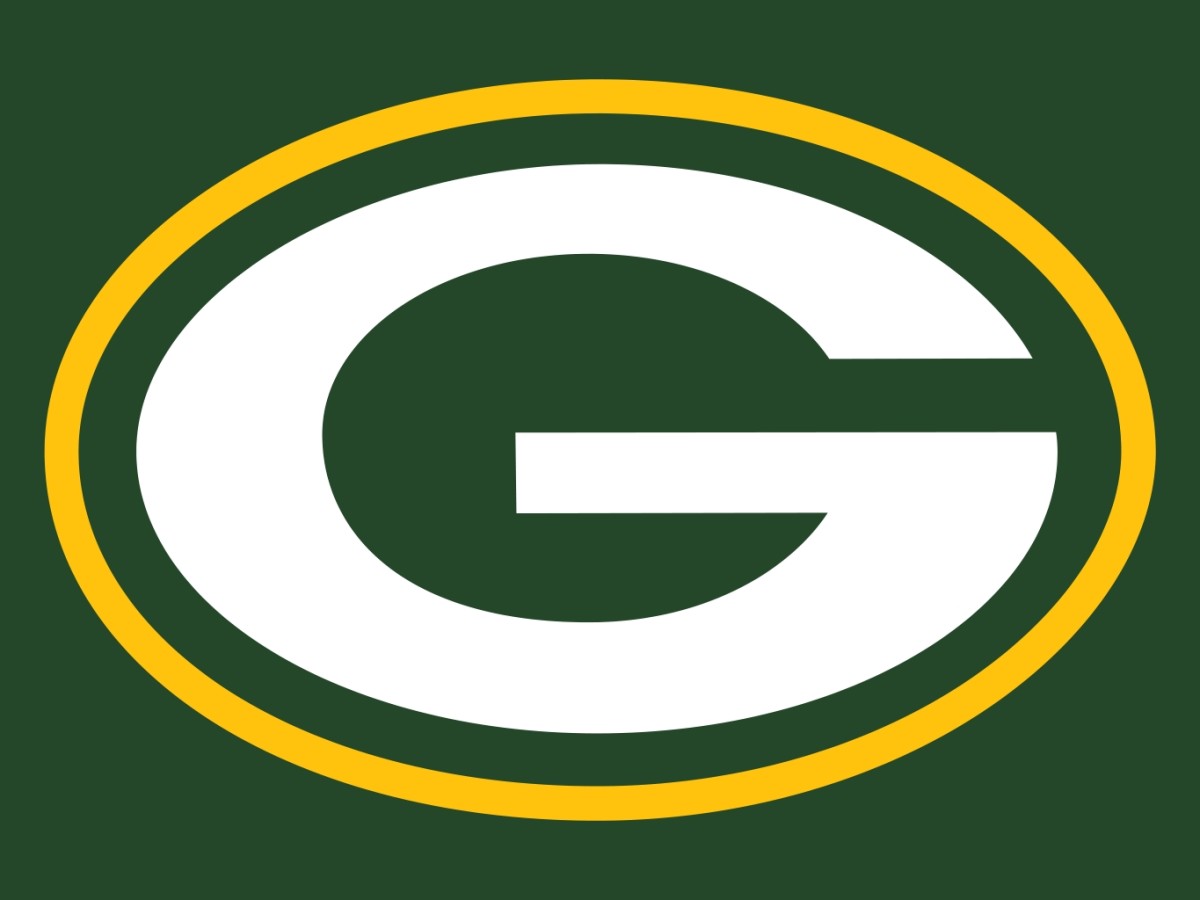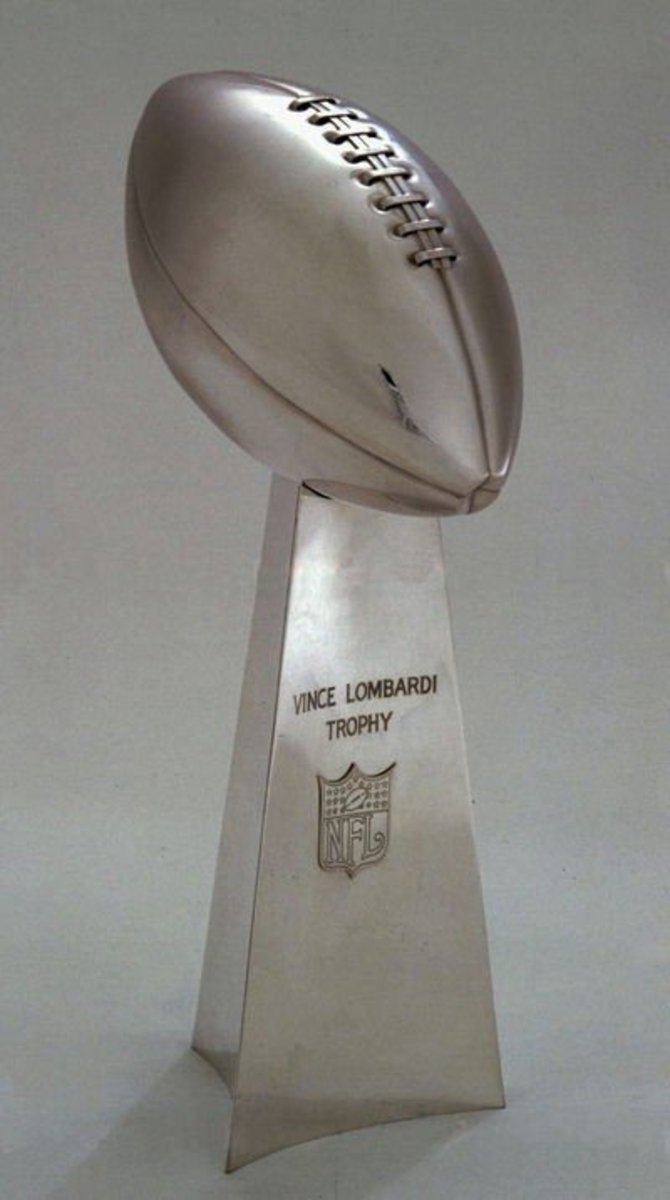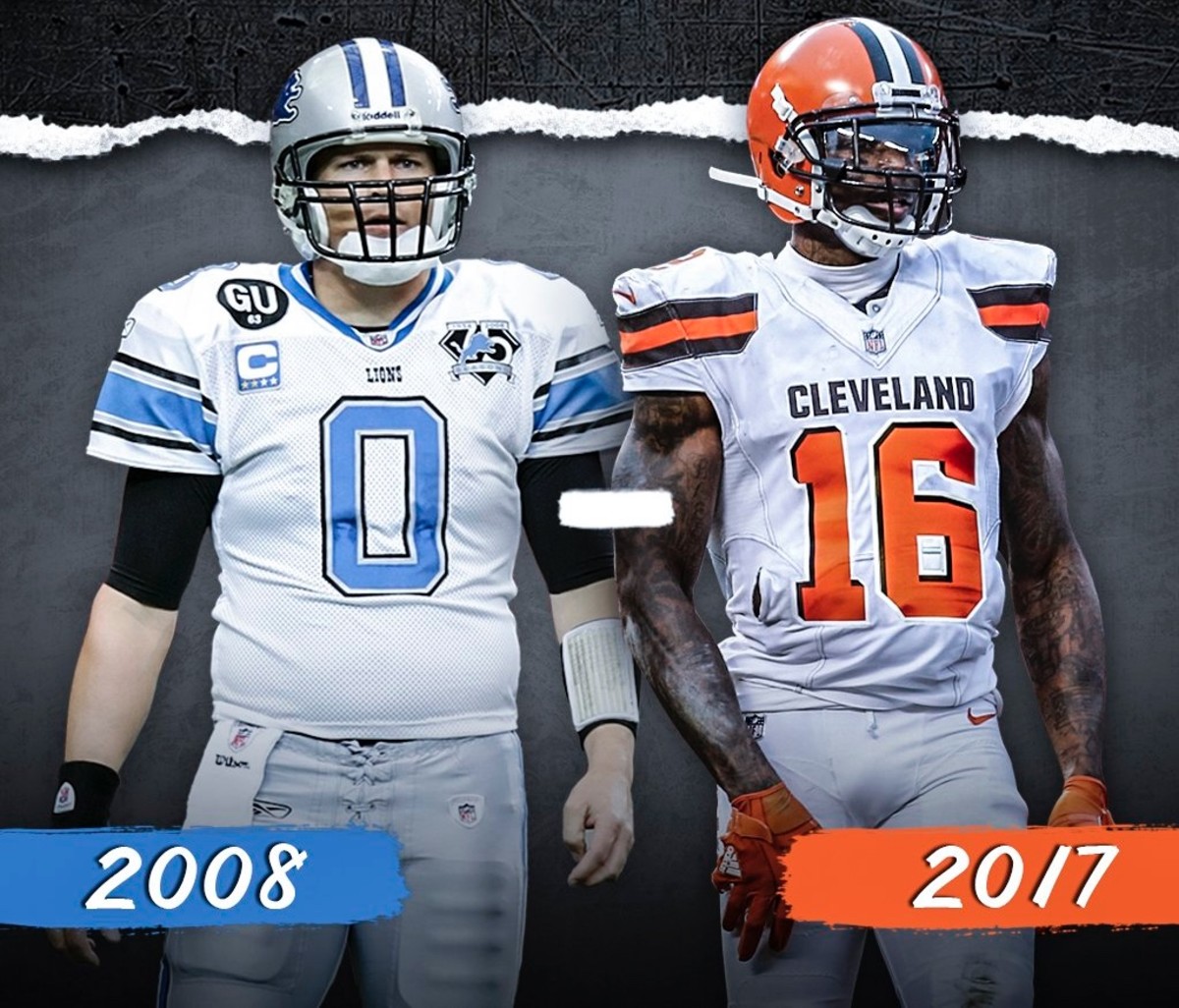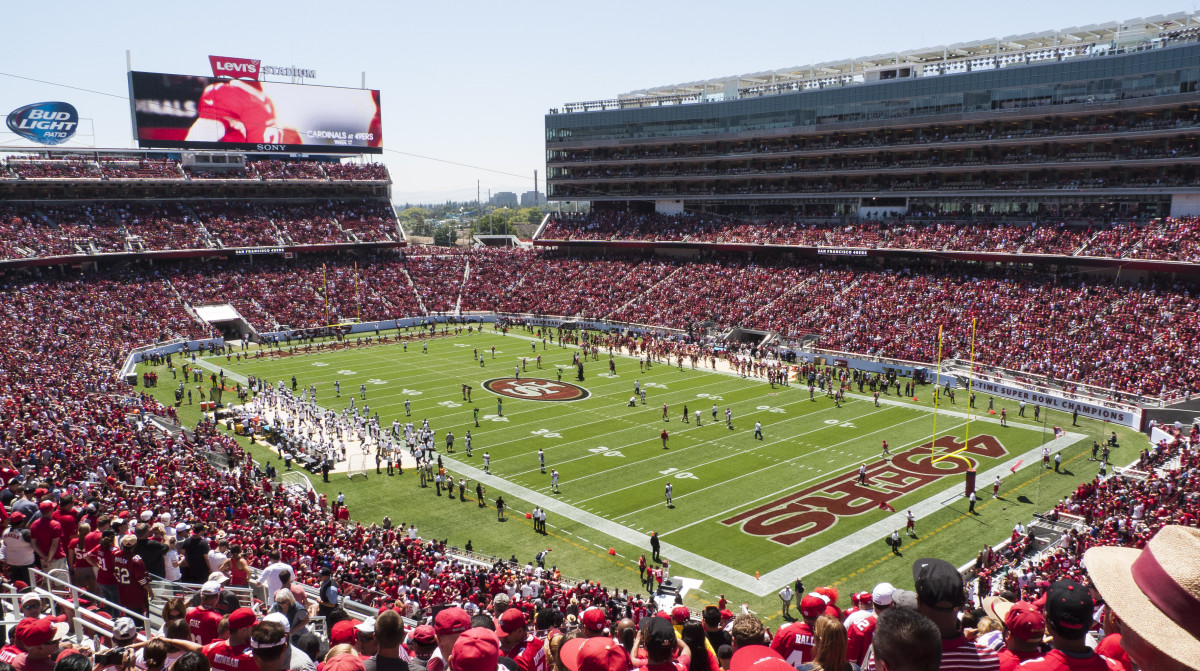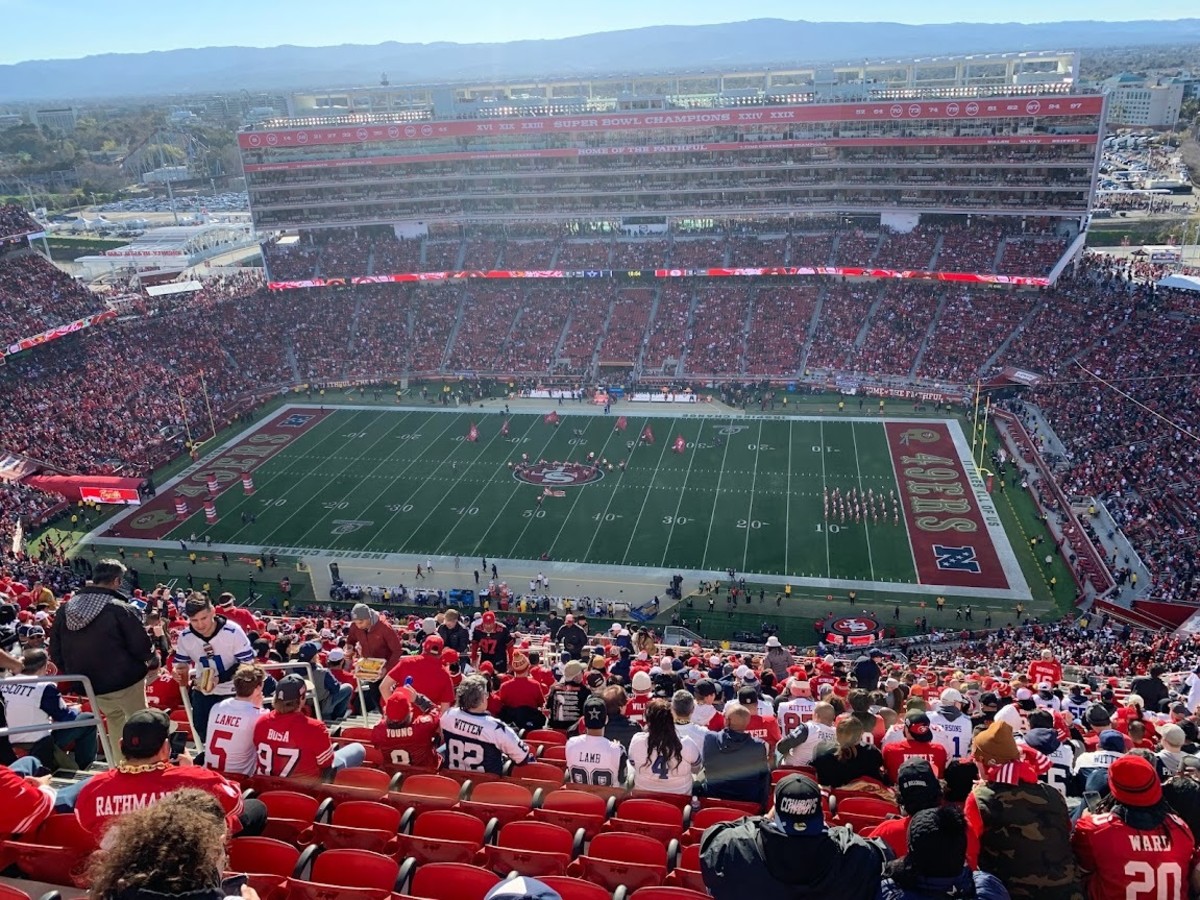- HubPages»
- Sports and Recreation»
- Team Sports»
- American Football»
- NFL Football
Can the Green Bay Packers Repeat as Super Bowl Champs in 2012?
Green Bay Packers

Will The Lombardi Trophy Stay in Green Bay in 2012?
The Packers were NFL Super Bowl XLV champs in 2011, but the championship did not come easily due to several key player injuries during the season and the inconsistent play of the team. Will the Green Bay Packers win another Super Bowl next year for Green Bay and the state of Wisconsin? Let's review the 2010 Packer season before I suggest what the Packers must do to keep the Lombardi Trophy in Green Bay next year.
Negatives For Green Bay in 2010
The 2010 NFL season for the Green Bay Packers was initially filled with misfortune and disappointment. After having been picked by most sportswriters to get to and win the Super Bowl, several events happened to derail any plans the Packers might have had temporarily. I feel that these were the major problems that the Packers faced.
1, Season-Ending Injuries to Key Players on Offense, Defense, and Special Teams
During the first few weeks of the season, many key starters on offense, defense, and special teams suffered season-ending injuries. During the first game of the season against the Philadelphia Eagles, the Packers running game took a hit when running back Ryan Grant suffered a severe leg injury. A few weeks later, tight end Jermichael Finley was also lost for the year with a leg injury. These injuries were significant because both Finley and Grant had been counted on to supply a lot of offense to the attack. Starting right tackle Mark Tauscher also went on the injured reserve list. The defense also lost key personnel when linebackers Nick Barnett and Brandon Chillar, defensive end Mike Neal, and safety Morgan Burnett were lost for the year.
2. Lack of a Running Game
After the Packers running back was lost for the season in the first game, the Packers running game was virtually nonexistent for most of the season. Brandon Jackson and John Kuhn on rare occasions had good games, but they could not be counted on to punch the ball into the end zone. The running game which ranked 24th in the NFL made the Packers a one-dimensional passing team. When Green Bay did not have a good passing game, the Packers lost games that they could have won with a running game.
3. Inconsistency Of Aaron Rodgers And The Offensive Attack
Up until the start of the playoffs in January, Aaron Rodgers and the offense were inconsistent. This undoubtedly was due to the lack of a good running game. At the start of the playoffs, the Packers record was 10-6. All of the losses were by 3 or 4 points or less. Rodgers would have great passing stats one week, and then follow up the next week with a lackluster performance. General poor special teams play also attributed to the Packers' inconsistency.
4. Poor Special Teams Play
Up until the start of the playoffs, the Packers lost at least three games they should have won with bad special team play. The Packers' punt coverage stunk in the first Bear game, leading to the Bears getting a deciding touchdown on a punt return. The Washington Redskin game was lost when the kicker missed a field goal. In the New England Patriots game, the kickoff coverage was appalling when an offensive lineman almost returned a kickoff for a touchdown.
Positives For the Packers During 2010
The positives for the Packers during 2010 were enough to make up for their earlier season shortcomings. These good things happened to the Packers.
1. Reserves Stepped Up and Brilliantly Replaced Injured Starters
The Packer reserves did a great job of replacing the injured starters. This was due to the overall quality of the players who made the team after training camp and the wise signing by general manager Ted Thompson of players during the season. Rookie James Starks gave a big lift to the running game during the playoff games. Rookie tackle Brian Bulaga played well after Jerry Tauscher was lost due to shoulder problems. On defense, the loss of starting linebacker Nick Barnett was not felt, because Desmond Bishop, Eric Walden, and others played very well. The same was true for both the defensive line and secondary where defensive ends Howard Green and Jarius Wynn, and safety Charlie Peprah played as well as the starters.
2. The Defense Was Outstanding For The Entire Year.
The Packer defense could be expected to show up every week, and it ranked number 2 in the NFL. Led by brilliant defense coordinator Dom Capers, a combination of blitz and coverage schemes masterfully utilized the talents of Clay Matthews Jr., Charles Woodson, and others to make big game-changing plays. Noseguard B.J. Raji was the key to the defense, and his play-making ability was instrumental in the postseason and Super Bowl wins. Clay Matthews was outstanding at making big plays the whole year, and defense backs Tramon Williams and Sam Shields also made their presence felt on the field.
3. Aaron Rodgers And The Offense Became Very Consistent In The Postseason.
Starting with the wildcard playoff game against the Philadelphia Eagles, the Packers began to become more consistent on offense. I'm quite sure this was due to the resurrection of a running game led by James Starks. The Packers were now multi-dimensional, and opposing defenses had more to worry about than just defending against the pass The play-calling of coach McCarthy and the execution by Aaron Rodgers became outstanding during the playoffs and Super Bowl.
4. There was Marked Improvement In Special Teams Play During the Playoffs.
The punting of Tim Masthay was very significant in the improvement of the Packers' special teams' play during the playoffs. His directional kicks with good hang time were crucial for special teams' punt coverage. Masthay's punting helped win the Eagle playoff game, and it also denied the Bears the chance of winning a game again with a punt return.
What The Packers Must Do To Repeat As Super Bowl Champs
If the Packers want to keep the Lombardi Trophy in Green Bay, they must do the following eight things.
1. Draft Very Good NFL Ready College Players
It is no secret that since Thompson became general manager the Packers have built their present team through the draft with the signing of very few free agents. This strategy has worked well, and the Packers must continue to draft very good college players in the NFL draft at the end of April. Green Bay's biggest needs are offensive and defensive linemen, so it would be judicious for the Packers to draft the best available athletes for these positions.
2. Make Sure All Players in the Training Camp are Adequately Conditioned and Trained
Assuming that the owners and players reach a collective bargaining agreement soon, the Packers must get all of their players in camp conditioning programs and organized team activities as soon as possible. This will help to get all players into football playing shape and introduce the offense to the newly drafted rookies and free agents.
3. Ensure Training Camp Competition for Places On The Team
The Packers were successful last year in finding reserves to play well for injured starters because they had a pool of quality players on their team. The players who made the team at the end of the training camp had to compete against quality athletes who were picked up by other teams after they were cut by the Packers. it was survival of the fittest. The Packers must continue to do this to assemble the best pool of players on the team.
4. Establish a Better Running Game for the Whole Season
Aaron Rodgers and the Packers offense is much better when there is a multi-dimensional attack. If Ryan Grant is completely recovered from his leg injury, the Packers' running game will be much better. The competition between James Starks and Grant should also make the running game better. The Packers could lose both John Kuhn and Brandon Jackson to free agency, so the Packers would be wise to draft a good back or get an existing pro in a trade or free agency to function as a third-down specialist.
5. Get More Depth on the Offensive and Defensive Lines
Starting left tackle, Chad Clifton, had a very good year in 2011; however, he is starting to get old and has had a lot of problems with his knees. The Packers could use two more tackles; one as an eventual replacement for Clifton, and another who could play either tackle or guard. On the defensive line, starter Cullen Jenkins will probably be lost to free agency, and Johnny Jolly will most likely never play again due to his legal problems. Consequently, it would make good sense to get one or two defensive linemen through the draft or by trade.
6. Add Depth to Defensive Back
if Morgan Burnett has completely recovered from his injury, the Packers should be set at safety. Help is needed, though, at cornerback. Although Sam Shields, Tramon Williams, and Charles Woodson make up a good trio of defensive backs, depth is needed for special nickel coverages and special teams. The Pack should try to get one or two more quality cornerbacks.
7. Have Better Consistent Special Teams Play
For much of the 2010 season, the Packers' special teams' play was poor. There were too many long kickoff returns, punt returns, missed field goals, and a lack of good punt and kickoff returns. If the Packers can find good players for their special teams and not suffer injuries, the special teams should be better, especially if Masthay continues punting well.
The Packers have the talent and coaching staff to retain the Lombardi Trophy in Green Bay next year. It is incumbent on them to address the seven concerns stated above.
This content is accurate and true to the best of the author’s knowledge and is not meant to substitute for formal and individualized advice from a qualified professional.
© 2011 Paul Richard Kuehn

